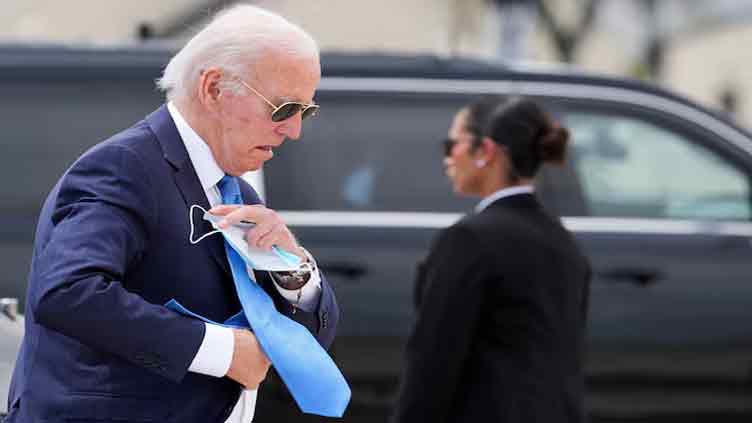US judge will not block Biden administration ban on worker noncompete agreements

Business
Existing practice bars workers from joining their employers' rivals or launch competing businesses
About 30m people, or 20pc of US workers, have signed noncompetes
Regulatory body spokesperson hails verdict, says these clauses which harm competition by inhibiting workers' freedom and mobility while stunting economic growth
PHILADELPHIA (Reuters) – A federal judge on Tuesday rejected a bid by a tree-trimming company to block a US Federal Trade Commission rule from taking effect that would ban agreements commonly signed by workers not to join their employers' rivals or launch competing businesses.
US District Judge Kelley Hodge in Philadelphia said in a written decision that the FTC, which enforces federal antitrust laws, has the power to ban practices that it deems anticompetitive, including the use of so-called noncompete agreements that curb competition for labour.
Hodge, an appointee of Democratic President Joe Biden, denied a bid by ATS Tree Services to block the rule pending the outcome of its lawsuit.
About 30 million people, or 20pc of US workers, have signed noncompetes, according to the FTC.
A federal judge in Texas earlier this month blocked the FTC from enforcing the rule against a coalition of business groups including the US Chamber of Commerce, the country's largest business lobby, and tax service firm Ryan, while they pursue legal challenges.
FTC spokesperson Douglas Farrar said the decision "fully vindicates" that the law allows the agency to ban noncompete clauses, "which harm competition by inhibiting workers' freedom and mobility while stunting economic growth."
Josh Robbins, a lawyer for ATS at the Pacific Legal Foundation, a libertarian group, said in a statement that he and his client were disappointed.
"The FTC does not have the statutory authority to rewrite millions of employment contracts by banning noncompete agreements," he said.
The Democratic-controlled FTC approved the ban on noncompete agreements in May. The commission and supporters of the rule, which takes effect in September, say the agreements suppress workers' wages and mobility and violate US antitrust law.
California, Minnesota, Oklahoma and North Dakota have already banned noncompete agreements, and at least a dozen other states have passed laws limiting their use, but the FTC's rule would be the first nationwide ban.
Business groups and many Republicans say that noncompetes are a crucial tool for businesses to protect trade secrets, confidential information, and their investments in recruiting and training workers.
ATS said in its lawsuit that the FTC lacks the legal authority to adopt rules banning conduct that it deems to be an unfair method of competition.
The FTC has argued that noncompetes inherently violate antitrust laws by curbing competition between businesses to recruit workers, and banning them falls within the agency's broad powers to police anti-competitive conduct.
Hodge, agreeing with the agency, wrote on Tuesday that federal law "provides the FTC with the authority to promulgate rules prohibiting unfair methods of competition," and that the agency had decided after an extensive research and rulemaking process that noncompetes are "exploitative and coercive" and "not justified by legitimate business purposes."


